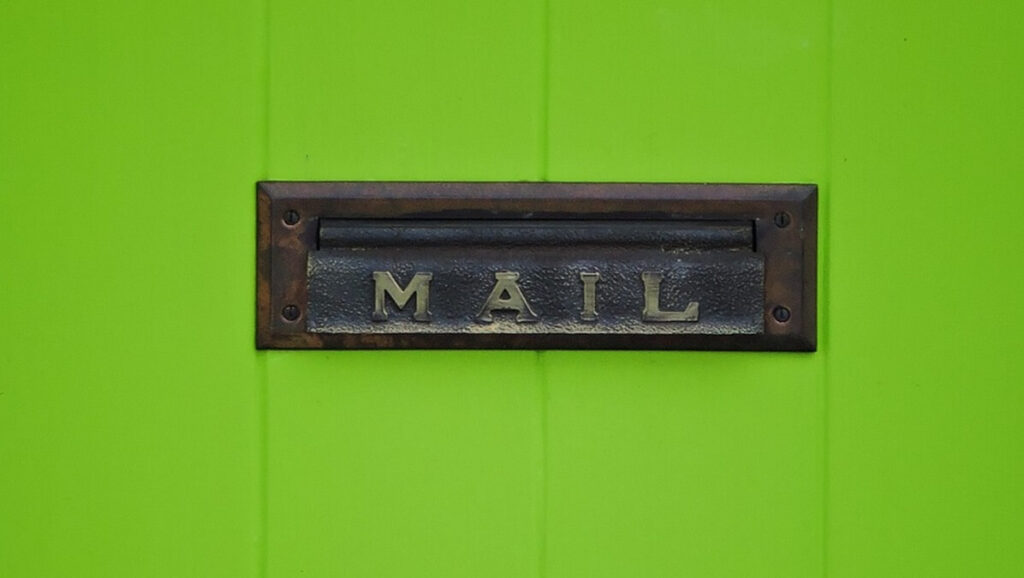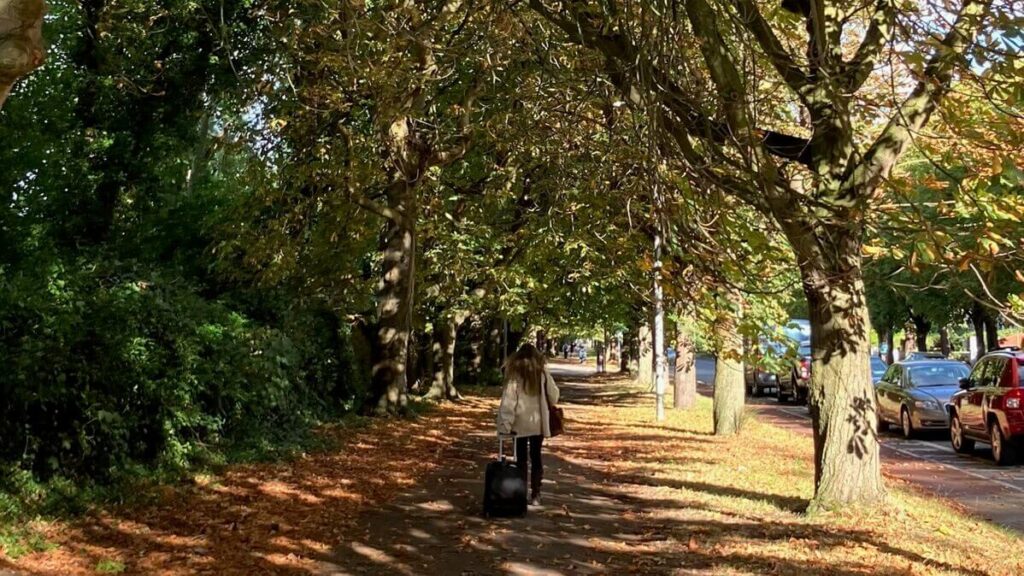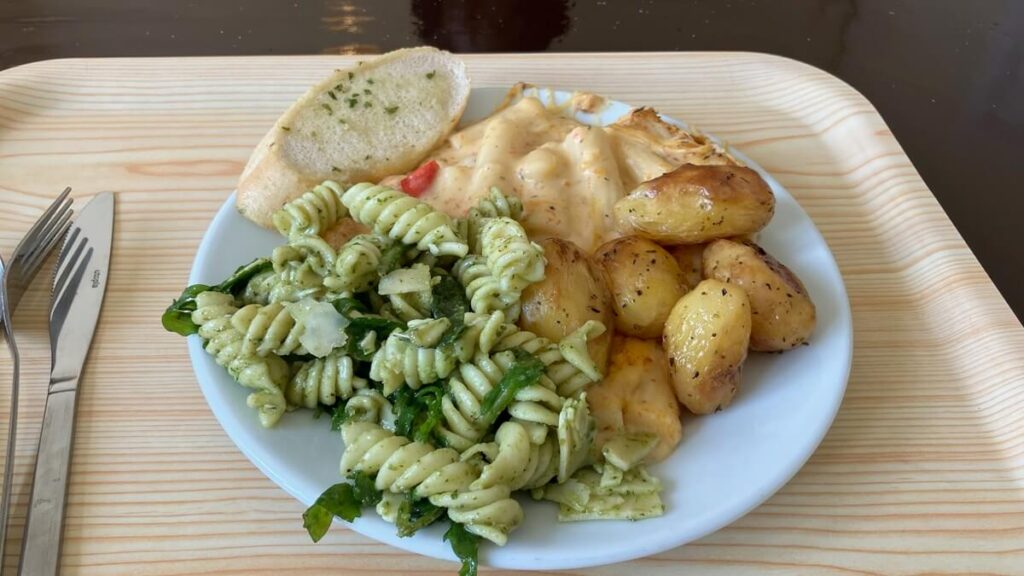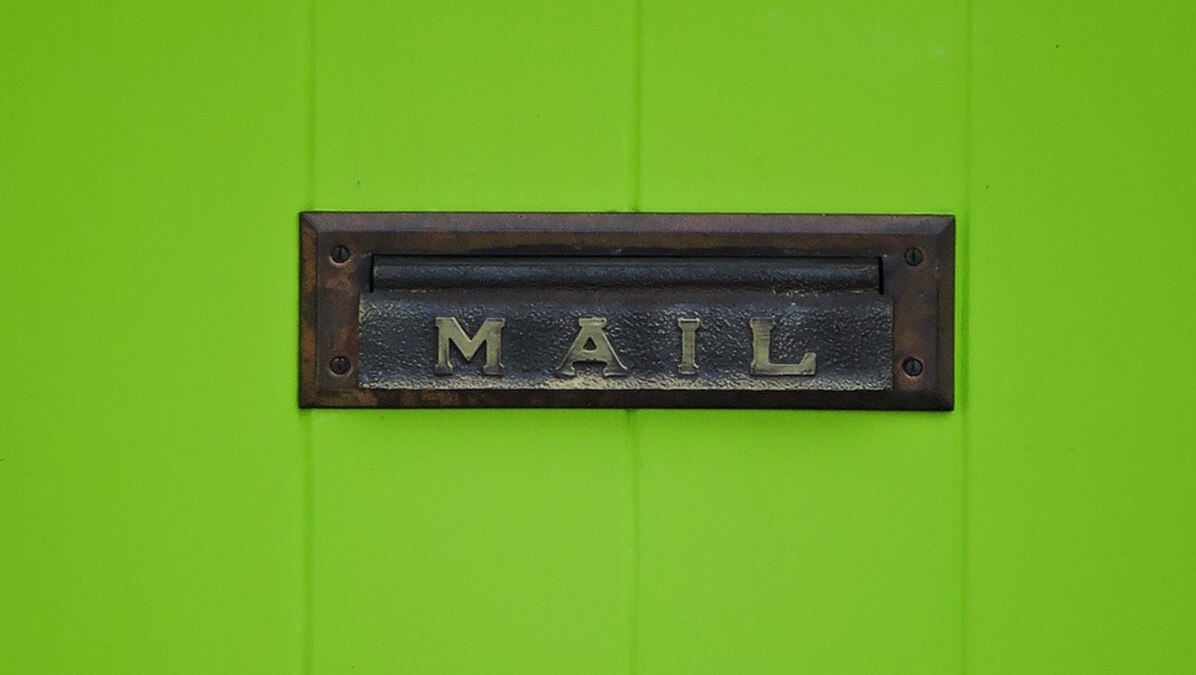Hello! I’m Suzu
Are you wondering, “How can I make my homestay in Ireland go smoothly?”
For many, the first overseas homestay experience brings concerns about cultural and lifestyle differences, along with uncertainties about connecting with the host family and adapting to daily life.
You might have questions about matching with your host family, local rules, meal customs, and maintaining privacy, among others.
This article will offer you specific tips on how to succeed in your homestay and includes personal experiences from my own study abroad journey in Ireland.
This article is perfect for:
- First-time overseas homestay guests: Those worried about adapting to new cultures and lifestyles.
- Anyone considering studying in Ireland: Wanting to know more about living with a host family.
- People who enjoy cultural exchange: Hoping to experience Irish culture through daily life with locals.
- Those anxious about communication without fluent English: Worried about interacting smoothly with their host family.
By reading this article, you’ll gain a solid understanding of what a homestay in Ireland entails, preparing you to enjoy the experience with confidence.
Let’s work together to ensure you have a fantastic Irish homestay experience!
Important Tips for Your Homestay
Ways to Build a Strong Connection with Your Host Family
Understanding Each Other’s Values and Preferences
The key to a successful homestay in Ireland is building a positive relationship with your host family!
It’s essential to be open to understanding cultural differences and to respect each other’s values.
For instance, learning about what your host family typically enjoys eating or how they spend their time can help spark conversations.

Talking openly is the first step toward building trust.
Even if you feel out of place at first, a smile and a simple “Thank you” can work wonders.
My Experience

I had my host mother’s email address before departing, so I sent her a quick message!
Here’s a sample message that might help others:
Dear Ms.○○,
Hi! I’m ○○. Nice to meet you.
I will be staying at your place for a month from August.
I’m grateful to you for letting me stay at your place.
I live in ○○, Japan. I can read English, but I can’t speak fluently. I’ll try my best to improve my English.
I am looking forward to meeting you!
Regards,
Though I wrote it fairly formally, the reply was casual—so feel free to keep it friendly!

It’s helpful to reach out if you have their email before you leave.
Incidentally, there was already another Japanese student at my homestay when I arrived.
The student mentioned that the host mother was delighted to receive my email and called me a “nice girl.” So, it’s worth sending one!
For more sample messages and tips, check this post:
Following Household Rules and Enjoying a Comfortable Stay
Understand & Follow the Host Family’s Rules!

Each family has its own set of house rules, and this is true for homestays in Ireland as well.
For example, there might be specific times for using the shower, a curfew, or quiet hours.
Quickly understanding these rules is key to ensuring a smooth and enjoyable stay with your host family.

No need to confirm everything by email.
It’s okay to ask if you’re curious about something.
If your schedule is different, it’s recommended to discuss this with your host family in advance.
Whether you need to study late or go out early in the morning, notifying your host in advance helps avoid misunderstandings.
My Experience
I often discussed homestay experiences with friends at school, and many host families had very few rules.

My own family had only minimal rules.
– Showers were allowed only until 10 PM (it’s noisy late at night)
– Notify them 2 hours in advance if you won’t need dinner
I found these rules reasonable and had no complaints.
I’ve written more about house rules, including stories from friends’ experiences, below ↓
Getting Used to Local Meals
Breakfast is Big. So are the Potatoes.

A homestay in Ireland is a wonderful chance to enjoy local home-cooked meals.
However, it can be a bit challenging to adapt to a new food culture.
For example, a typical Irish breakfast is hearty!
Since it’s quite different from Japanese meals, it might take time to get used to.
To make things easier, let your host family know about any dietary preferences or allergies in advance.

It might be helpful to mention likes and dislikes in an email too.
Expressing gratitude during meals, such as saying “Thank you for the delicious meal,” also helps build a positive relationship with your host family.
My Experience
My host family usually prepared American-style or Italian food, so I didn’t experience many **traditional Irish dishes**.

I was glad since I’m not a fan of lamb or oysters.
Potatoes were served at every dinner.
Many friends also mentioned having **potatoes for dinner** frequently.
The cafeteria meals were about two-thirds potatoes.
Another interesting point was how to say “itadakimasu” and “gochisousama” (expressions before and after meals)!
Since my host mother loved Japan, I could say these in Japanese.
If they don’t know these phrases, it might be fun to teach them and try saying it together.
You can say “**Thank you for the delicious dinner**” as an alternative to “gochisousama.”
The Importance of Privacy

**Maintaining an appropriate distance** with your host family is essential for a comfortable stay.
It’s important to spend time in your room and be cooperative in shared spaces.
Of course, avoid entering any area unless invited.

This includes the **host family’s bedroom**.
It’s not your own family’s space, so be respectful.
This creates a comfortable environment for both you and your host family.
Tips for Smooth Communication
Worried About Not Speaking English?

Even if you’re not confident in speaking, a homestay can still work out fine!
It’s definitely possible to communicate with your host family even with **language barriers**.
Using gestures and simple phrases to communicate will help you get more comfortable over time.
Also, your host family knows that you’re not a fluent speaker, so don’t worry too much!

If language was easy, there’d be no need for a study abroad experience, right?
Using **expressions and body language** can also make your feelings clearer.
Making it a habit to note down unfamiliar words and check them later helps improve vocabulary over time!
Building trust with your host family is easier if you don’t fear the language barrier and use different ways to communicate.
My Personal Experience
My host mother often helped by suggesting words when I was stuck.
If communication breaks down, try describing it or drawing a picture. It usually works!
In the end, **Google Translate** was my last resort. So grateful for whoever developed it!
I struggled to pronounce “citrus,” so I had to show it written every time.
Essential Safety Tips for the Area

In an Irish homestay, it’s essential to check local **safety and security measures**.
Although it’s not a particularly dangerous country, pickpocketing in the city center is occasionally reported.
Asking your **host family** about local safety information in advance can help you feel more secure during your stay.
For example, it’s helpful to know which areas are safe to pass through when going out at night.
Also, make sure to learn the local **emergency contact numbers** to respond quickly in case of an emergency.
Summary
To make your homestay in Ireland successful, it’s essential to build a good relationship with your **host family** and respect local customs.
Even if you find the food culture new and unfamiliar, maintain an open attitude, communicate proactively, and enjoy the experience within your comfort zone.
Maintaining your **privacy** and a respectful distance with your host family will help you create a comfortable living environment.
Don’t be afraid of language barriers; using different methods to communicate can deepen the trust with your host family.
Be sure to check local safety measures and security tips in advance to enjoy a worry-free homestay experience.
By following these points, you can make your Irish homestay experience truly memorable.






コメント